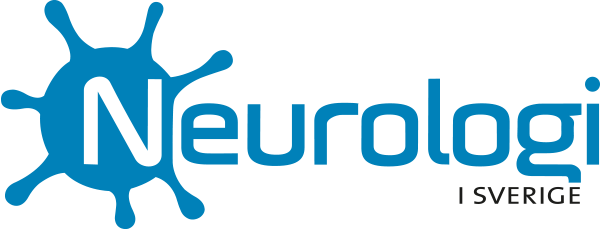Alexion presenterar nya data på AAN
Alexion-data vid AAN 2024 visar hur Ultomiris och Soliris kan förändra resultat för sällsynta neurologiska sjukdomar
Alexion, AstraZeneca Rare Disease, kommer att presentera nya kliniska och real world-data från sin portfölj av sällsynta sjukdomar inom neurologi vid American Academy of Neurology’s (AAN) årsmöte i Denver, CO, den 13 – 18 april 2024. Företaget kommer att presentera 14 sammanfattningar, inklusive fem muntliga presentationer, över både generaliserad myasthenia gravis (gMG) och neuromyelit optica spectrum disorder (NMOSD).
New findings from CHAMPION-NMOSD trial will reinforce the potential for Ultomiris to eliminate relapses and improve care in AQP4 Ab+ NMOSD. Long-term data and real-world evidence in gMG will underscore vital role of Ultomiris and Soliris in treatment landscape and show sustained patient benefit.
Presentations include new long-term results from the pivotal Phase III CHAMPION-MG and CHAMPION-NMOSD trials, as well as real-world data, adding to the robust evidence supporting the safety and efficacy of Ultomiris (ravulizumab) and Soliris (eculizumab) in gMG and NMOSD.
Christophe Hotermans, Senior Vice President, Head of Global Medical Affairs, Alexion, said: “Ultomiris and Soliris bring innovation and hope to the gMG and NMOSD communities, offering treatment options with the potential to transform care for these debilitating diseases. Our data at AAN will showcase outcomes in both clinical and real-world settings that clearly demonstrate the sustained benefit of Ultomiris and Soliris in these patient populations. We remain committed to advancing care and innovative solutions for people living with these rare neurological conditions.”
Continued evidence supporting long-term efficacy and safety of Ultomiris in NMOSD and gMG
Two oral presentations will detail new findings on the long-term safety and efficacy of Ultomiris in adults with the most common forms of NMOSD and gMG.Long-term results from the ongoing global, open-label CHAMPION-NMOSD trial will demonstrate the potential for Ultomiris to eliminate relapses in people living with anti-aquaporin-4 (AQP4) antibody-positive (Ab+) NMOSD. Data will show there were zero adjudicated on-trial relapses observed in Ultomiris-treated patients with AQP4 Ab+ NMOSD, with a median treatment duration of 138 weeks.
Further, the final analysis from the global CHAMPION-MG open-label extension will underscore the benefits of sustained treatment of Ultomiris in patients with anti-acetylcholine receptor (AChR) Ab+ gMG. Improvements in measures of functional activities and quality of life, including Myasthenia Gravis-Activities of Daily Living (MG-ADL) and Quantitative Myasthenia Gravis (QMG) total scores, were maintained in Ultomiris-treated patients for up to 164 weeks.
Real-world data highlight benefit of C5 inhibitors in gMG clinical practice
An oral presentation will report results from a retrospective US-based medical record analysis, which suggests earlier treatment initiation with C5 inhibitor therapy offers greater clinical benefit for patients with gMG. While MG-ADL scores improved for patients who initiated Soliris early or late, greater improvements were observed among those who started treatment within two years of their gMG diagnosis.
Two poster presentations will discuss steroid usage patterns and outcomes when used to treat chronic gMG, including after treatment with C5 inhibitors. A retrospective observational cohort study evaluating Medicare claims will indicate high rates of comorbidities among patients with gMG, which may inform clinical practice when prescribing corticosteroids. Additional medical claims data will show statistically significant reductions in the daily use of corticosteroids after 12 months of treatment with C5 inhibitors, as well as reductions in gMG exacerbations, supporting the use of C5 inhibitors as steroid-sparing therapy.
Findings from a gMG global registry will also be shared, including an encore oral presentation that will show patients who have been treated with Soliris in clinical practice experience decreased rates of myasthenic crisis, exacerbations and hospitalisations.
Uncovering new insights in NMOSD therapeutic efficacy
An oral presentation will highlight results from a study evaluating specific biomarkers as measures of biological response to treatment with Ultomiris and Soliris from the global Phase III PREVENT and CHAMPION-NMOSD trials. The data will show glial fibrillary acidic protein (GFAP) and neurofilament light chain (NfL) levels, biomarkers for astrocyte and neuronal injury, decreased over time with C5 inhibitor treatment and may be additional indicators of therapeutic efficacy when evaluating treatments for AQP4 Ab+ NMOSD.




